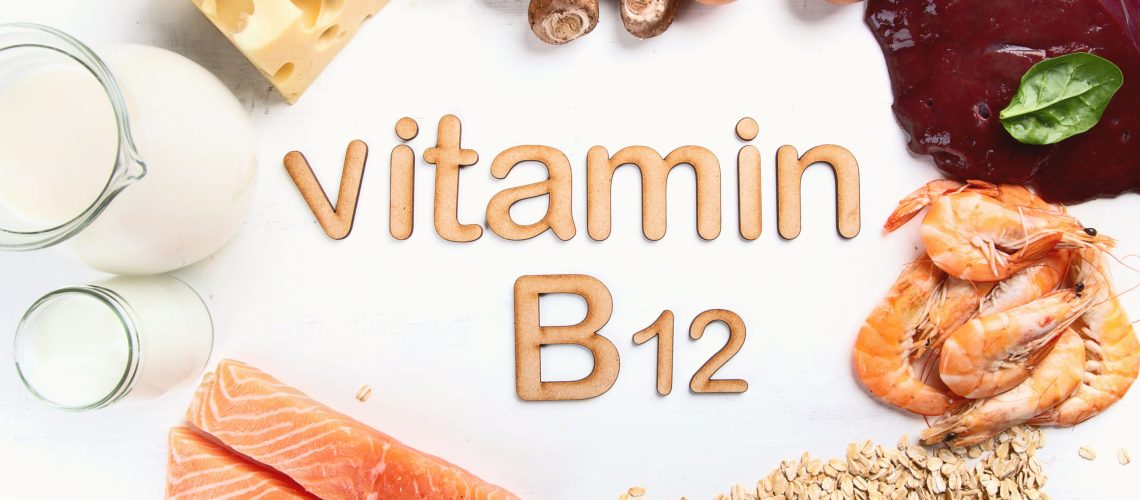To be healthy, both physically and mentally, we are constantly told about the importance of a healthy diet, and rightfully so. The reason why we’re constantly told to eat healthy produce, is due to the fact that it contains plenty of vitamins, minerals, antioxidants, and other goodness that our bodies thrive upon.
Out of the many different vitamins and minerals in existence, vitamin B12 is one which many people overlook and find that they’re deficient in as a result. Getting enough B12 is essential, yet dietary sources can only provide so much.
The most efficient way of getting enough B12, and other vitamins and minerals for that matter, into your body, is via IV hydration therapy. Intravenous hydration therapy involves the administration of vitamins, minerals, fluids, electrolytes, and other nutrients directly in the bloodstream. By getting them in this manner, and on a regular basis, they skip the digestive process so enter your system quicker, plus you absorb more.
As vitamin B12 is an integral component of any IV hydration drip, here’s a look at what it is and why we need it.
What is vitamin B12?
Vitamin B12, also referred to as ‘cobalamin’ is a water-soluble vitamin which the body requires, yet cannot synthesize by itself.
B12 plays key roles in numerous biochemical processes inside the human body and is essential for all around wellness. Both from a physical perspective, but also psychologically as well.
B12 is found in a number of whole food sources, particularly animal-derived foods such as red meat, dairy, eggs, fish, and seafood. It is also added to fortified foods such as grains and cereals, and can be used as a supplement, or administered intravenously via an IV drip.
Why do we need vitamin B12?
Okay, now that we’re familiar with what vitamin B12 is, let us now take a look at the health benefits it provides and look at why we need it.
Assists with red blood cell production
A lack of vitamin B12 can lead to anaemia. This is because B12 assists with the production of red blood cells, as well as the function of them.
A healthy red blood cell should be circular, like a bagel. Red blood cells in the event of a B12 deficiency, however, are abnormally shaped and therefore find it tougher to move from within bone marrow into a person’s bloodstream at a healthy rate. This can lead to anaemia.
B12 ensures that the red blood cells produced are healthy, regularly shaped, and are produced in healthy quantities.
Strengthens the bones
Studies have linked vitamin B12 deficiencies with brittle bones and weak bone conditions such as osteoporosis.
Vitamin B12 helps to strengthen the bones and increase bone mass and bone mineral density, helping to prevent bone-related health issues such as brittle bone disease and osteoporosis.
Increased energy levels
Another huge benefit of vitamin B12 is the fact that it helps to increase energy levels.
B12 helps assist with a person’s metabolic function, thereby boosting the metabolism allowing for more calories to be burned off and converted into fuel for the body.
As well as that, red blood cells also transport oxygen around the body via haemoglobin. As B12 increases red blood cell health and production, more oxygen can be carried around the body and delivered to the cells, where it can then be used as energy.
Improved mood
B12 deficiencies have been linked with low moods and mental health issues such as anxiety, stress, and depression.
Vitamin B12 can help lift your mood by assisting with the production of endorphins and neurotransmitters such as serotonin and dopamine, which make you feel happy.

